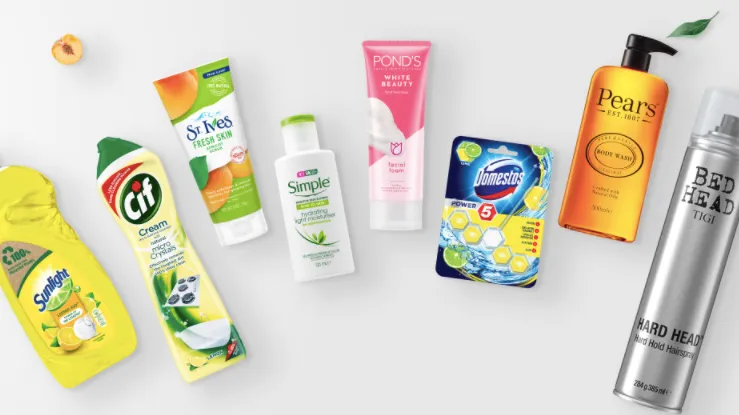
Brand-building for Unilever International goes beyond consumer care
The brand’s innovative practices benefit both consumers and workers.
For a formidable industry leader like Unilever International, sustaining brand momentum seemed effortless and inconsequential, given its fathomless scope over various sectors and billion-dollar revenue that succeeded for over a decade.
For its dominant presence in over 190 countries, with 40 challenging markets to further its portfolio, Unilever International never overlooks the core of its foremost business: the consumers.
Exceptional results for any brand are rooted in the means to go beyond the scope of their business. As a white space partner for numerous global partners, Unilever International realises the strength of its brands and their impact on consumers. With brand-building being a core principle for Unilever’s key markets, consumer care stretches in unique and innovative ways.
Brand-building Efforts
For South Korea, house care e-commerce became a crucial driving force for brand growth, leading to tighter connections with consumers. In Africa, Unilever has accelerated promotions for personal care, such as a strategic partnership with the Confederation of African Football. And in diaspora communities, Unilever International has featured products from their homeland.
Unilever International CEO Aseem Puri has also cited examples of its impact in the Maldives, Mongolia, and various African countries, aligning its brand promotion towards the developmental progress of their respective markets and ensuring every specific need of markets is met. The company has also prioritised underserved markets through its steady supply chain and product innovation teams.
Digitisation has also proven to be a lucrative market to connect to its wide base of consumers. With much of retail converting its activity to device-to-device, Unilever has utilised the necessary consumer tools to support its online platforms and transition to digital operations. The company has also extended this innovation to its distributors, improving its utilities to its optimal speed and efficiency.
This proficiency is further propelled by its partnership with American software company Salesforce, which supports operations in online customer journeys. By executing seamless orders, both Unilever and Salesforce are able to connect to a hundred customers at any given rate. And it allows the global icon to examine consumer habits, manage the complexity of the supply chain and easily market to their base. The aim is to promote purpose-driven brands.
Beyond Consumers
However, consumer care also extends to the very workers who serve Unilever International. For sites in Europe and North America, the company has provided for diaspora-stricken employees. It was a crucial initiative to support migrant workers and their families, significantly helpful during the pandemic. The diaspora programme also helps bring attention to underserved roles and teams that are crucial in the company.
Talent development has also been at the centre of Unilever International’s priorities, covering from recruitment to retention. The expansive programmes within the company’s functions and services help boost talent engagement, attracting the most exceptional minds to drive innovation and sustainability forward.
As a company that aims “to serve the underserved”, Unilever International has driven leadership to its market scope and fortified its brand to become a reliable force in the sector. With a comprehensive understanding of both sides of “consumer care”, the company is efficient to weather any initiatives that are crucial to the “Unilever” brand.
Service for the Underserved
One of which is sustainability. Unilever International has already planned to lessen reliance on single-use plastic in their products, replacing them with dispensable containers. While more work has to be done on plastic consumption, the company has promoted other sustainable efforts, such as a 100% use of renewable energy in their facilities, conversion of waste into raw materials, clean water efforts, tree-planting programmes through The Good Cart and protection of 30% of the world's land and ocean by 2030.
Another is optimisation of operations. With technologies expanding to improve the customer journey, Unilever International has pledged to prioritise the transition to performance-boosting innovations, like cloud technology, B2B marketplace solutions and omnichannel partnerships.
In going beyond the corners of consumer goods, Unilever International has found opportune leverage to create a hospitable experience for both consumers and workers. They are crucial to the brand-building process and its longevity.
“We are taking brand-building very seriously. And with that, we are heavily investing in campaigns, media and marketing. But we are keeping in mind the prioritisation of everyone in the scope of Unilever International, especially the underserved,” Puri said.



















 Advertise
Advertise






